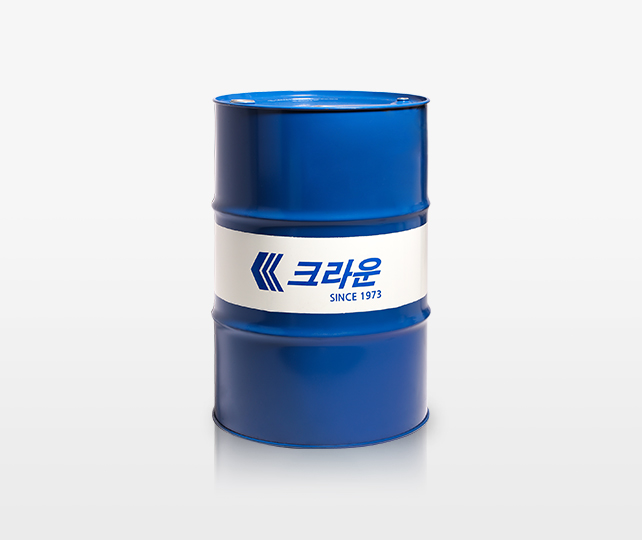Safety, Cooling and Beyond
- The most important part of an automobile cooling system is the safety, cooling and protection functions of the vehicle in winter, which must meet the requirements of automobile industry standards (safety laws) and car manufacturers. Antifreeze is a heat-transmitting fluid used for regulating and controlling engine temperature in a vehicle's cooling system. It must meet the national and international standards and car manufacturers' requirements, and must be approved.
- Non-mineral oil-based liquids used in automobile cooling systems
- Fluids that flow through car engine, radiator, heater core, water pump and rubber hoses to exchange heat and protect parts
Major Requirements and Standards
- American Society for Testing Method (ASTM)
- Society of Automotive Engineers (SAE)
- National Industrial Standards (KS, JIS, GB)
KD Finechem Antifreezes
Freeze protection
- Prevents vehicle accidents caused by freezing in winter due to a lower freezing point lowered due to mixing with high-purity MEG, the main ingredients of antifreeze, and water.
Cooling performance
- The engine temperature is maintained properly by effectively cooling the heat generated by combustion and friction of the engine, and driving is maintained in the best condition.
Excellent metal corrosion protection
- Provides excellent anti-corrosion performance against various metal materials (aluminum, cast iron, steel, copper, etc.) that are included in the cooling system.
Compatibility with non-metallic parts
- Prevents severe deformation and damage to rubber and plastic materials.
Stability
- Prevents precipitation, discoloration and decolorization caused by prolonged use.
Antifreeze Product
-
Phosphate Series
-
Phosphate Series
-
Phosphate Series
-
Phosphate Series
-
Phosphate Series
-
Organic Acid Series
-
Organic Acid Series
-
Silicate Series
-
Heavy-Duty
-
Heavy-Duty











